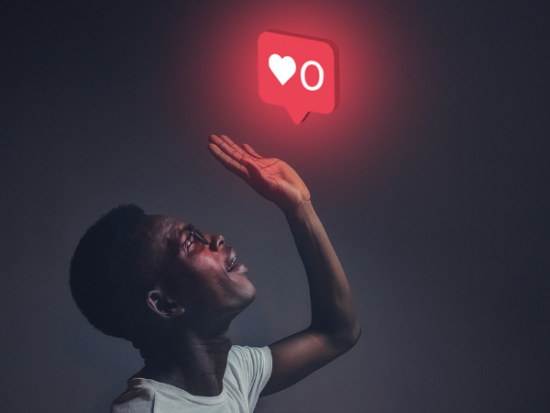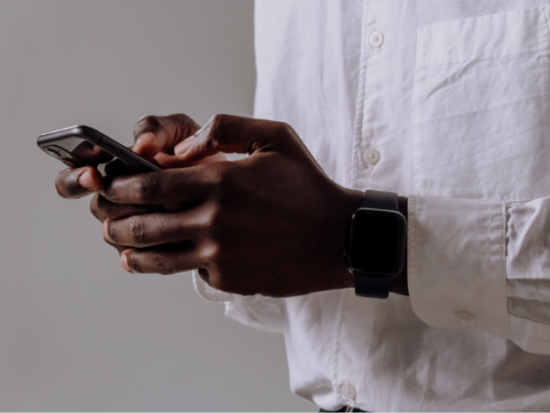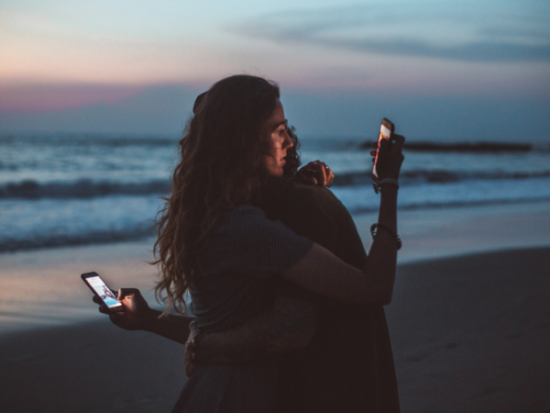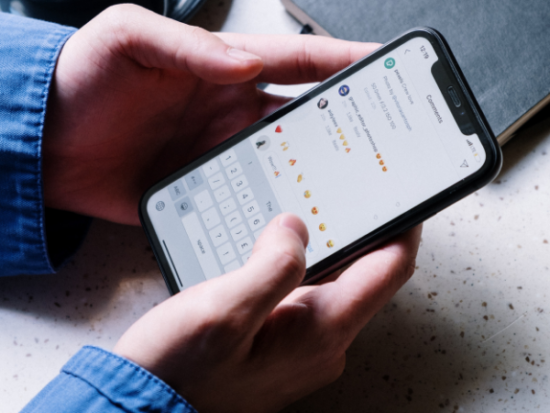Why are people so angry online – is social media a toxic environment?
Whether you spend most of your time on social media or you’re one of those socmed warriors who actively post and comment on certain issues, you have to re-assess now.
Social media is a new digital platform, so there’s not much research about its long-term consequences. But there have been studies linking heavy social media use to enhance trigger emotions.
Is Social Media Affecting Your Mental Health?

Do your Facebook, Instagram, and Twitter feed make you feel mad sometimes? Yale University conducted research showing that your online environment triggers you to express your rage. Count us in. We catch the feels, too.
Moreover, this online rage is more rampant in political discussions. To get you more on board with how your social media environment affects you negatively.
- In a survey of 1,800 respondents, results show that women are more stressed than men. Twitter was the culprit and a “significant contributor” as it boosts users’ awareness of other people’s stress. Although this social media site helps as a coping mechanism, this effect wasn’t in men. As men don’t use social media as much, the researchers came to the conclusion that too much social media use was of connection with modestly lower stress levels.
- The journal Computers and Human Behavior published a study showing social media can provoke anxiety. It was accompanied by worry, restlessness, and trouble in concentrating and sleeping. The studies’ report shows that people who use seven or more online platforms are three times more likely to develop high levels of anxiety symptoms than people just using up to two platforms.
- Austrian research in 2014 showed that participants developed lower moods after using the popular social networking site Facebook for 20 minutes compared to those who just browsed the net for the same amount of time. The study claims that people reacted as such because they saw it as a total waste of time.
- Two studies, including more than 700 students, determined that feelings of hopelessness, worthlessness and low mood were linked to the quality of their online interactions. It shows higher levels of depressive symptoms with those who have negative interactions on social media.
Other Research to Keep in Mind
- A study in 2016 involving 1700 people shows that the risks of anxiety and depression are threefold among users who spend most of their time on social media platforms. The researchers suggest that the reason for this includes having crooked views of other people’s lives, cyber-bullying, and feeling like being on social media is a waste of time.
- In research, it was found that artificial lighting such as our mobile phones lighting can hinder the production of the hormone melatonin in our bodies. Melatonin is responsible for facilitating sleep. While the study proves that the blue light from laptops and mobile phones is the main culprit, you’re also sure to have a restless sleep if you engage in any social media during bedtime.
- Although social media effects on well-being are still unclear, a paper written last year about this. According to the Netherlands researchers’ paper, there is a clear proof for the social media impact on one set of people. It shows that social media has a more negative effect on an individual’s well-being than on socially detached individuals.
What the studies show
A 2016 study by Penn State University researchers shows that viewing other people’s posted photos and videos lowered self-esteem. This is because viewers can’t help but compare themselves to the photos of people looking their happiest. In reaction to this, research from the University of Strathclyde, Ohio University, and the University of Iowa also found that most women compare themselves negatively to other women’s selfies.
- The American Journal of Preventive Medicine published a study last year involving 7,000 19-32-year-olds. Later, those who spend more time on social media were twice as likely to experience social isolation. This state can cause a lack of engagement with others, a sense of social belonging, and fulfilling relationships. The researchers also added that lack of face-to-face interaction could make people feel isolated.
Is Social Media Toxic?
In this new era and the pandemic whatnots, people rely on social media to connect. Moreover, it’s also of use to find a long-lost friend or family member. While it reaps benefits, always remember that this digital platform can never replace the effects of real human interaction or face-to-face communication.
Although it has its pros and cons, the social media environment has become toxic due to some factors, mainly the involvement of digital marketing. It has been a commercialized landscape instead of its original purpose of connecting people. Here are the reasons why social media has become a toxic environment.
Leaning into social status thru likes is harmful to your mental health.
Facebook is designed in a way that can cause what experts call content collapse. This brings about locking users in a single persona. In simple words, social media accounts have led people to share content that’s “self-edit,” resulting in creating the perfect version of oneself.
Related Articles
Social media has turned into a marketplace
Alongside its billion users, it isn’t surprising how Facebook has fully embraced commercialization. Its marketing efforts have become more focused on quantity other than the quality of people’s connection. Monetizing on these platforms via social media marketing decreases the quality of user experience and engagement.
Users are lured into a publishing media environment.
Whenever there’s highly sensationalized content online, it surely earns rewards. This is quite damaging to healthy online relationships. Social media platforms reward users by putting those highly liked content in a more visible spotlight in newsfeeds. This applies both to online posts and video sharing.
Key Takeaway
Getting more likes, shares, and positive reactions encourages you to continue with your online outburst. However, other positive outlets pour your renewable energy instead of staying in a toxic environment.
Whether it be a Facebook messenger or other instant messaging option, you can always connect in real-time with family and friends. Never be a slave to your phone, even if it should be the other way around.




